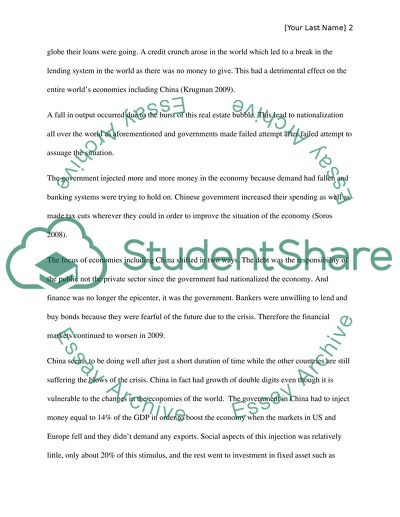Cite this document
(“Outline the way that China has been affected by the recent financial Essay”, n.d.)
Retrieved from https://studentshare.org/finance-accounting/1460632-outline-the-way-that-china-has-been-affected-by
Retrieved from https://studentshare.org/finance-accounting/1460632-outline-the-way-that-china-has-been-affected-by
(Outline the Way That China Has Been Affected by the Recent Financial Essay)
https://studentshare.org/finance-accounting/1460632-outline-the-way-that-china-has-been-affected-by.
https://studentshare.org/finance-accounting/1460632-outline-the-way-that-china-has-been-affected-by.
“Outline the Way That China Has Been Affected by the Recent Financial Essay”, n.d. https://studentshare.org/finance-accounting/1460632-outline-the-way-that-china-has-been-affected-by.


